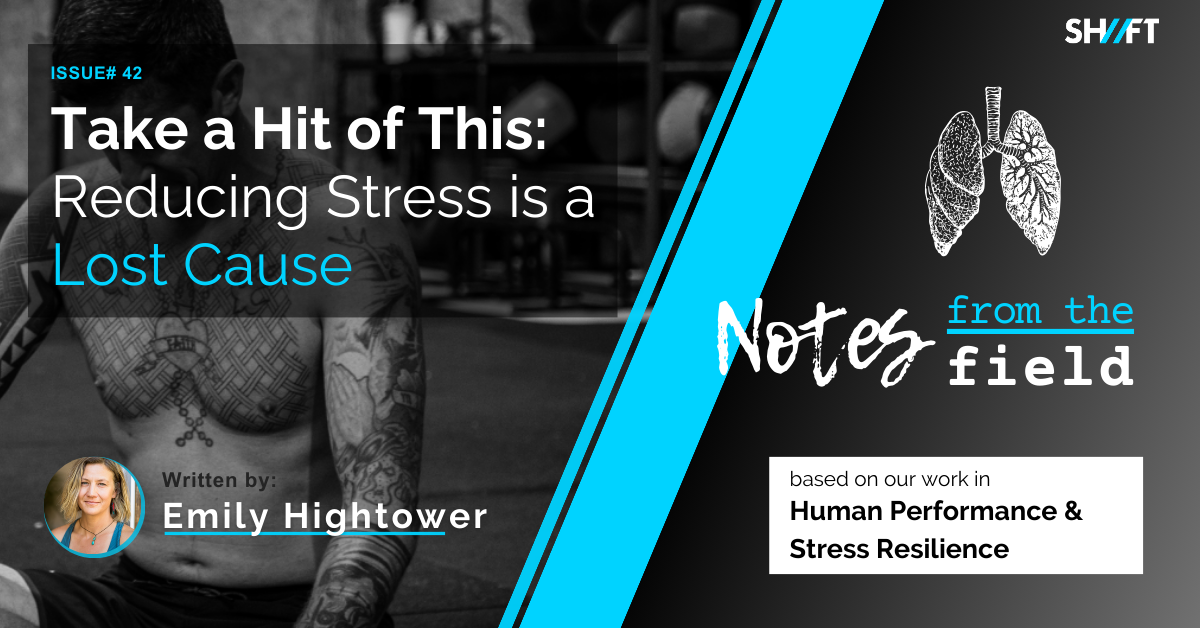Issue# 43
How we practice and train today can provide a deeper understanding of where much of our frustration or joy comes from. Be aware of what you value most because if there is any confusion, it will present itself in the outcomes. How I feel about myself is the real question, and if I value who I am, then there is a good chance I value the process of what I do and, most notably, what it is teaching me about me.
When we engage in an activity, we bring an underpinning tone to this. Even in something like weightlifting, where the goal seems to be to lift as much weight as possible, that is reinforced every time we enter the gym. To help make more sense, you will want to understand that in no way does this imply not pushing yourself to move more weight; this may be the path to moving more weight. It may come packaged in a process that does not look like your current way of doing things.
The lies we tell ourselves
I’d love to tell you that you should listen to your body and that if you do, you’d be more in tune with yourself, but that is just another lie we tell ourselves to hold ourselves back from being great; protection comes in many forms. You’d sooner coddle yourself into passivity than get up and fight for a living if you just listened to your body.
Many Olympic and professional athletes’ vitals before competing, winning, or setting world records and winning a championship would have suggested they not compete that day. And here is another paradox. So which is it? Do I value winning (lifting more weight) or listening to where I think I feel I am? The short answer is both; you just don’t know what that means if you ask that question, which is perfectly fine. This is practice.
Where you put your value
The longer answer is that this is your ride. You and you alone will get to live out the reality of this. I’ve been with Olympic Athletes, World Champions, and business tycoons who have won gold and lost. I’ve worked with mothers, fathers, kids, and everyone in between. I’ve seen many different experiences in these two opposing experiences of win and loss. The ones who value themselves the most win in humility and lose with grace. It is the ones who value themselves the least that can never entirely stop chasing or letting go of the illusion of winning and the frustration it brings. The context and internal dialogue of what is happening in us dictates the experience.
Win, lose, or draw; the greatest education you will get is in how you learn.


